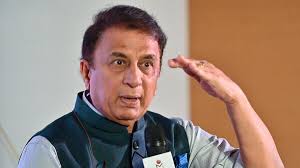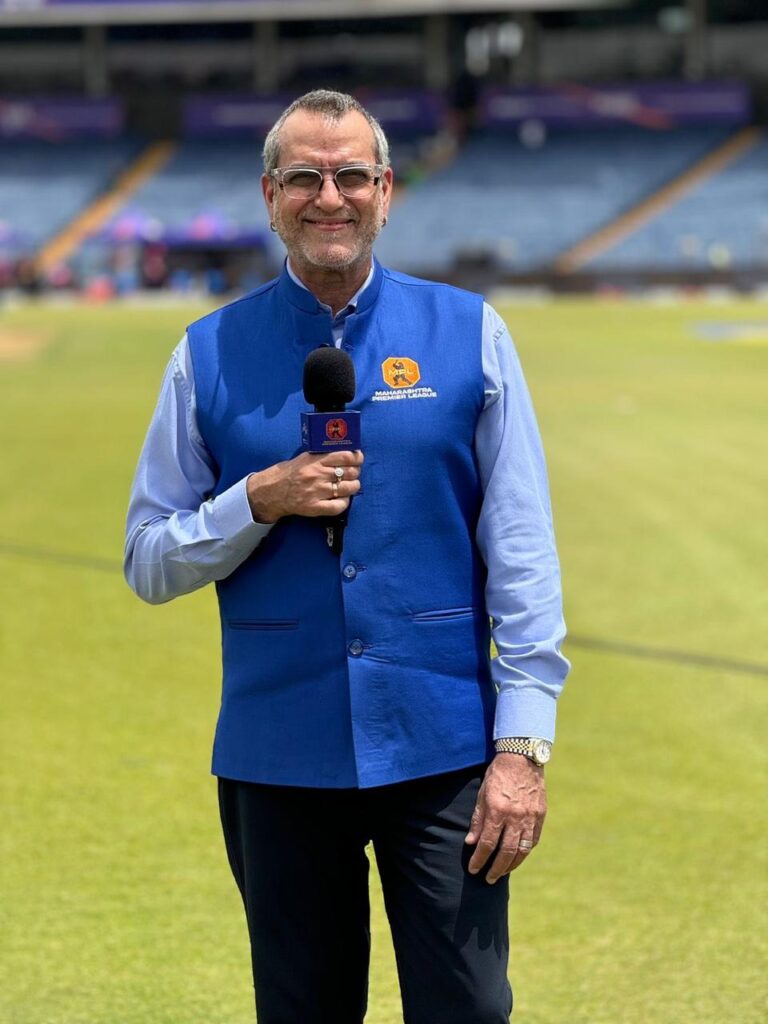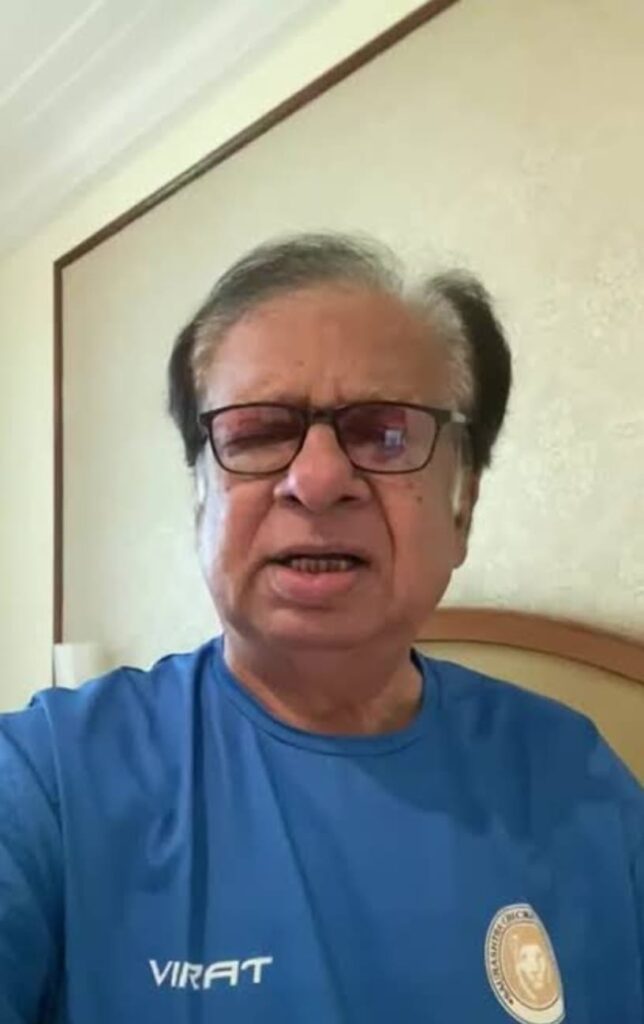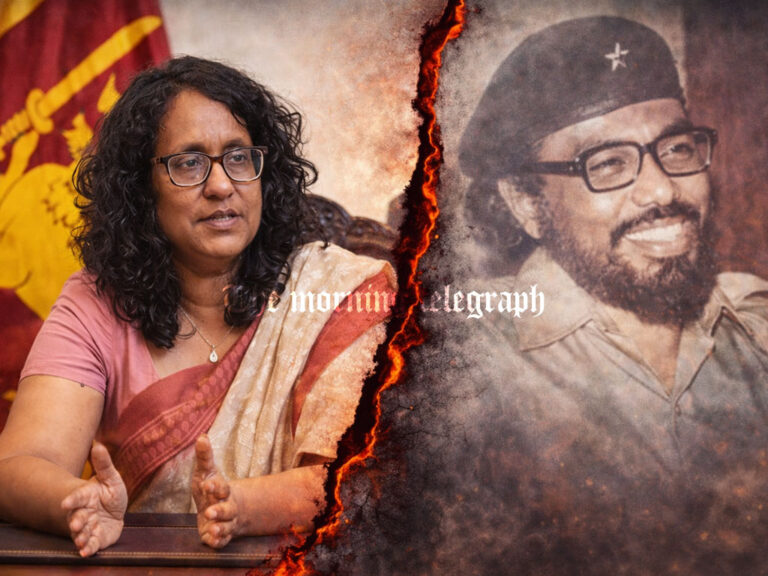
Mixed views erupt over prioritizing of personal milestones over national duty in sports
By Bipin Dani
Rohit Sharma, captain of the Indian cricket team, has found himself at the center of a heated debate following his decision to take paternity leave after the birth of his second child in Mumbai. With the first Test against Australia in Perth just days away, Sharma communicated to the Board of Control for Cricket in India (BCCI) his intention to remain with his family, potentially missing the opening match but planning to be available for the second Test. This choice has reignited discussions about the challenges professional athletes face in balancing their demanding careers with personal and family commitments.

Gavaskar believes that Jasprit Bumrah should be given full captaincy for the series to maintain leadership stability
Opinions in the cricket world are divided. Cricket legend Sunil Gavaskar has argued that Sharma should not return as captain if he misses the first Test. Instead, Gavaskar believes that Jasprit Bumrah should be given full captaincy for the series to maintain leadership stability. Karsan Ghavri echoed this sentiment, emphasizing that national duty should always come first. Ghavri even drew a comparison to soldiers, who often remain at their posts during family tragedies. He reminded fans that even Gavaskar himself waited a month to meet his newborn son, Rohan, after a grueling tour of the West Indies in the 1970s.

Maninder Singh defends dad to be Rohit Sharma, says “Family moments such as these are irreplaceable”
However, former spinner Maninder Singh has defended Sharma’s choice, emphasizing the emotional significance of being present for a child’s birth. Singh argued that family moments like these are irreplaceable and suggested that Sharma will be able to adapt quickly to match conditions upon joining the team in Australia. The decision about his captaincy, Singh added, should rest with the selection committee and coach Gautam Gambhir.

Karsan Gavri begs to differ says “National duty should always come first”
Sharma’s situation is not unique; numerous athletes have made similar choices in recent years, bringing the issue to the forefront. Virat Kohli’s experience is a prominent example. In January 2021, Kohli missed three Tests in the Border-Gavaskar series to be present for the birth of his daughter, Vamika. He again prioritized family over cricket in February 2024, opting out of a Test series against England to welcome his son, Akaay, in London. Kohli’s decisions were met with mixed reactions but set a precedent for valuing family life.
Jasprit Bumrah faced a similar situation in 2023 when he left the Asia Cup midway to be with his wife for the birth of their son, Angad. Bumrah’s departure was managed effectively by Team India, and he rejoined the squad for the Super Four stage. Fans and analysts alike praised him for placing his family first. The team’s ability to adapt to his absence showcased the importance of understanding and flexibility in modern sports management.
International sports have also witnessed cases that underline the complexity of this dilemma. English cricketer Joe Root missed the first Test against the West Indies in 2020 to be present for the birth of his second child, a decision supported by England’s cricket board. Similarly, New Zealand captain Kane Williamson has twice stepped away from cricket duties to welcome his children, emphasizing that fatherhood is a priority.
Even beyond cricket, athletes in other sports have faced similar challenges. In the NBA, Golden State Warriors star Stephen Curry has been open about prioritizing his family, at times adjusting his schedule to be present for important milestones. NFL player Patrick Mahomes also shared how he managed his commitments to be there for the birth of his child.
The conversation surrounding Rohit Sharma’s decision highlights the evolving attitudes in sports, where family and professional responsibilities increasingly intersect. As sports continue to modernize, the question remains: How do we strike the right balance between the personal lives of athletes and their professional obligations? The new Sports Minister, soon to be sworn in, will have the responsibility of addressing these questions and ensuring policies that respect both the professional and personal lives of athletes, while also rectifying any governance issues from the past.




